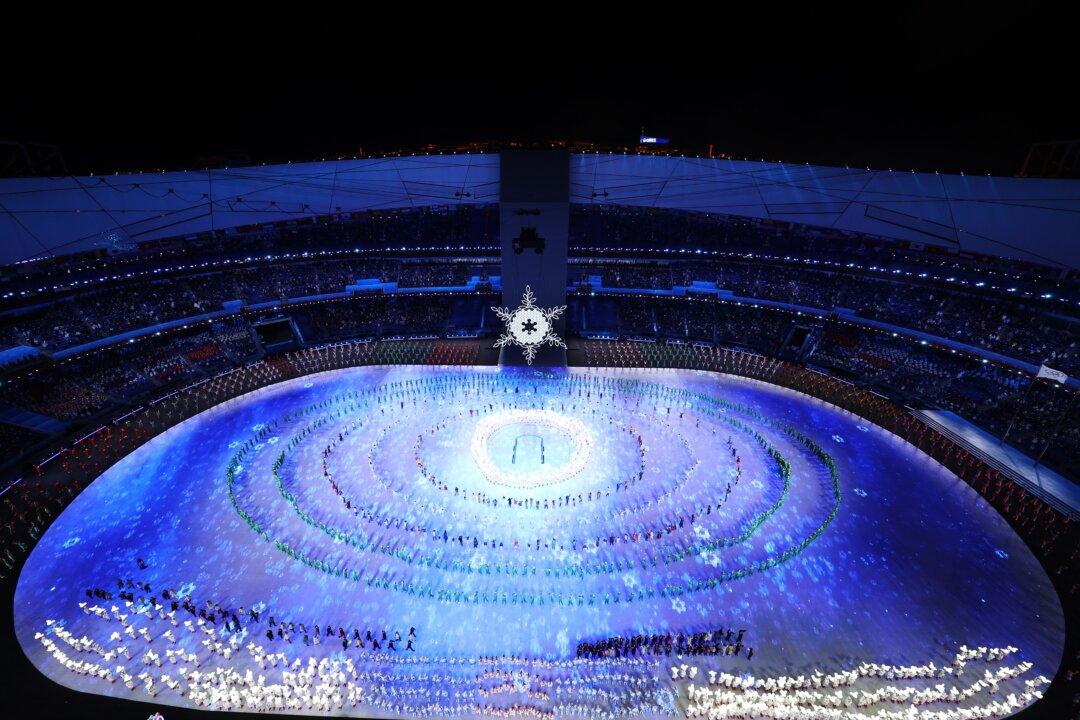Papua New Guinean Prime Minister James Marape has tested positive for COVID-19 upon arriving in Beijing on Feb. 3 for the opening of the Winter Olympic Games.
His office revealed on Feb. 6, that the prime minister will not travel to France the following week for the Indo-Pacific summit, where he was slated to meet with French President Emmanuel Macron.





